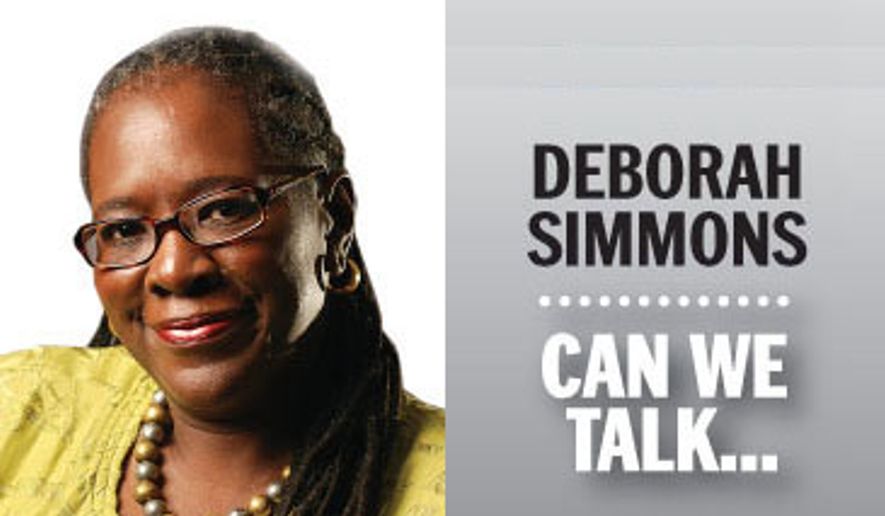ANALYSIS/OPINION:
The D.C. Council is considering legislation that would decriminalize prostitution.
The Reducing Criminalization to Promote Public Safety and Health Amendment Act would permit women, men and teens to buy, sell and ply commercial sex without fear of prosecution — regardless of whether they are on the giving or receiving end of the transaction.
The newsworthy stories about sex crimes, prostitution and law enforcers discovering truckloads of human beings from other countries, sometimes smothered to death because of heat and fumes, are but blips on America’s radar screens. Those are but a few reasons why decriminalization should be reviewed.
However, when it comes to legalization, there are numerous moving parts that must be researched, publicly discussed and publicized long before the council even schedules a vote on the Reducing Criminalization to Promote Public Safety and Health Amendment Act — the least of which are public safety, public health, public education and public dollars.
Will D.C., already a sanctuary city, also become a magnet for prostitutes? For sure, public safety and public education are critical factors and a major rub.
The lead overseer of decriminalization of commercial sex is David Grosso, an at-large independent on the council, which, in 2012, signed off on a $71 million plan to modernize the Duke Ellington School of the Arts. The bill for the makeover rang in at $178 million. That is not an insignificant or lawmaking oversight, as I reported in May 2016.
The top councilman for public education is Mr. Grosso, longtime chairman of the Committee on Public Education, which means every step of the way, his fellow lawmakers followed his lead on academic, financial, legal and administrative leadership and oversight on all things education-related. If Mr. Grosso isn’t thoroughly informed and educated, the public isn’t either. If the mayor’s administration isn’t keeping Mr. Grosso thoroughly informed and educated, his colleagues aren’t either.
During his term as chairman, D.C. Public Schools (DCPS) conceded that high school grads were ill prepared for college and careers, became embroiled in grade inflation/social promotion accusations and overspent on school modernization programs, among other things.
Of course, part of the problem is that D.C. leaders are more interested in corralling the youngest minds than teaching and learning. As a matter of fact, the “S” in DCPS might as well stand for socialism.
That’s essentially why City Hall places its stock in marijuana for all, assisted suicide, free drug needles and legislation that proposes to provide three hots (and sometimes cots) to every child who enters a public schoolhouse or a recreation center — and free transportation to some adults.
The proverbial premise behind these socialist policies is as racist, sexist and demeaning as Jim Crow.
Indeed, Mr. Grosso says the pro-prostitution measure aims to buffer “communities of color, gay and trans people, people with disabilities, immigrants and people with criminal convictions.”
In other words, straight, white, able-bodied and law-and-order types aren’t included.
Also, the measure implies that sex workers are trashier than, say, construction and utility workers who drop their supersize condoms at their “work” sites.
Now is the time for the council to distinguish itself from the Marion Barry era(s) by thinking long and hard before it acts.
Decriminalizing prostitution is worthy of discussion if — only if — there is sturdy longitudinal evidence that legal prostitution will fix or enhance problems already on the front burner.
The shortcomings in teaching and learning are inarguably the city’s No. 2 problem, behind only spending — and those are longstanding problems the council is obligated to fix.
Because, know what? Even if lawmakers find themselves approving legislation to decriminalize the world’s “oldest profession,” the supply might be depressed, but the demand will not.
Think one simple similarity: illicit drugs.
• Deborah Simmons can be contacted at dsimmons@washingtontimes.com.
• Deborah Simmons can be reached at dsimmons@washingtontimes.com.




Please read our comment policy before commenting.